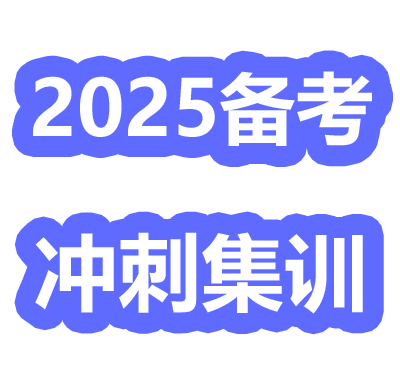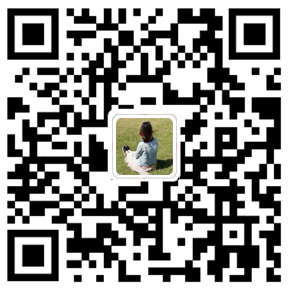
計劃說明
考研人數(shù)逐年增加,競爭之激烈使得我們不得不加急復習的日程。眾所周知,閱讀理解占據(jù)了考研英語二100分試卷的一半分值,而考研英語閱讀文章大多來自英美國家的主流報刊雜志,所以如果能在日常就多多閱讀這些文章,對以后讀懂文章做對題目來說會大有裨益。但是對大多數(shù)備考的同學來說,剛開始投入復習,就去讀考試文章難度的新聞報刊,也是不現(xiàn)實、并且不符合循序漸進的學習規(guī)律的,所以我們會在每次推送中,給大家給出兩篇短文,一篇是初階水平(大致在初高中水平);一篇是高階水平(四六級到考研水平);同學們可以根據(jù)自己當前的情況,選擇其中一篇進行學習。
學習步驟如下:
1.不看漢語譯文自己看一遍短文做理解
2.看漢語譯文比對自己理解的意思與之出入
3.強化記憶重點單詞(以記憶其漢語意思為主)
翻譯文段
We rose tint our memories and put ourselves into self-affirming situations. We become defensive whencriticized, and apply negative stereotypes to others to boost our own esteem, we stalk around thinking we’re hot stuff.
Psychologist and behavioral scientist Nicholas Epley oversaw a key studying into self-enhancement and attractiveness. Rather that have people simply rate their beauty compress with others, he asked them to identify an original photograph of themselves’ from a lineup including versions that had been altered to appear more and less attractive. Visual recognition, reads the study, is “an automatic psychological process occurring rapidly and intuitively with little or no apparent conscious deliberation”. If the subjects quickly chose a falsely flattering image—which must did—they genuinely believed it was really how they looked.
短文翻譯
我們給自己的記憶添上浪漫的色彩,并且將自己置于自我確定的情況中。當受到批評時,我們會進行防御。并用他人負面刻板的印象來提高自己的自信,我們高昂闊步以為自己是了不起的人。
心理學家和行為科學家尼古拉斯·艾普利進行了一個自我提高和吸引力方面的研究。他不僅僅讓受試者給自己的美貌打分并與其他人相對比,還要求他們從一堆已經(jīng)改得更加或者不怎么具有吸引力的照片中辨別出自己原始面貌的照片。這項研究認為視覺識別是“一個自發(fā)的心理過程,它會快速并直覺地反應出來,而極少帶有那種明顯有意識的思考”。如果受試對象很快選擇了一張?zhí)搨蔚挠懭讼矚g的照片——肯定會這么做——他們就真的認為這是他們真正的模樣。
重點單詞
self-affirming
adj.自我肯定的
defensive [d??fens?v]
adj.防御的; 保護的; 保衛(wèi)的; 戒備的; 懷有戒心的; 自衛(wèi)的; 防守的;
stereotype [?steri?ta?p]
n.模式化觀念(或形象); 老一套; 刻板印象
esteem [??sti?m]
n.尊重; 敬重; 好評;
compress [k?m?pres]
v.(被) 壓緊; 精簡; 濃縮; 壓縮; 壓縮
intuitively [?n?tju??t?vli]
adv.直覺地,直觀地;由直覺而得地
deliberation [d??l?b??re??n]
n.細想; 考慮;
flatter [?fl?t?(r)]
v.奉承; 討好; 向…諂媚;
genuinely ['d?enju?nli]
adv.由衷地; 真誠地; 真正地; 誠實地;





